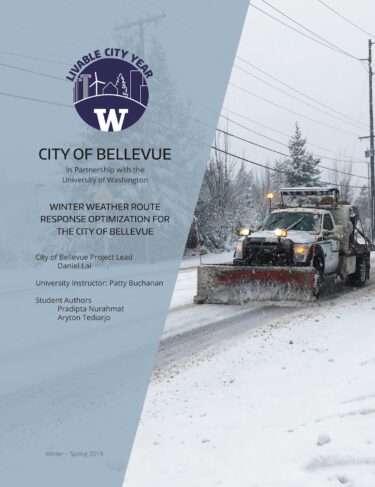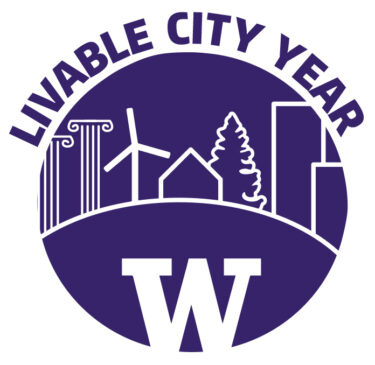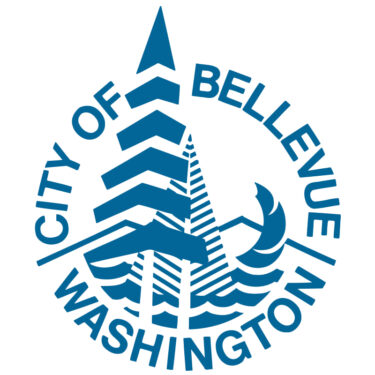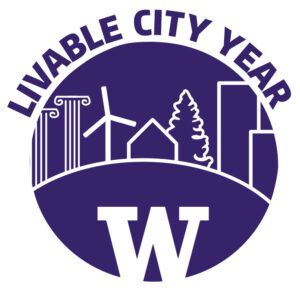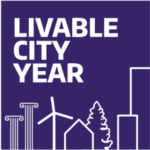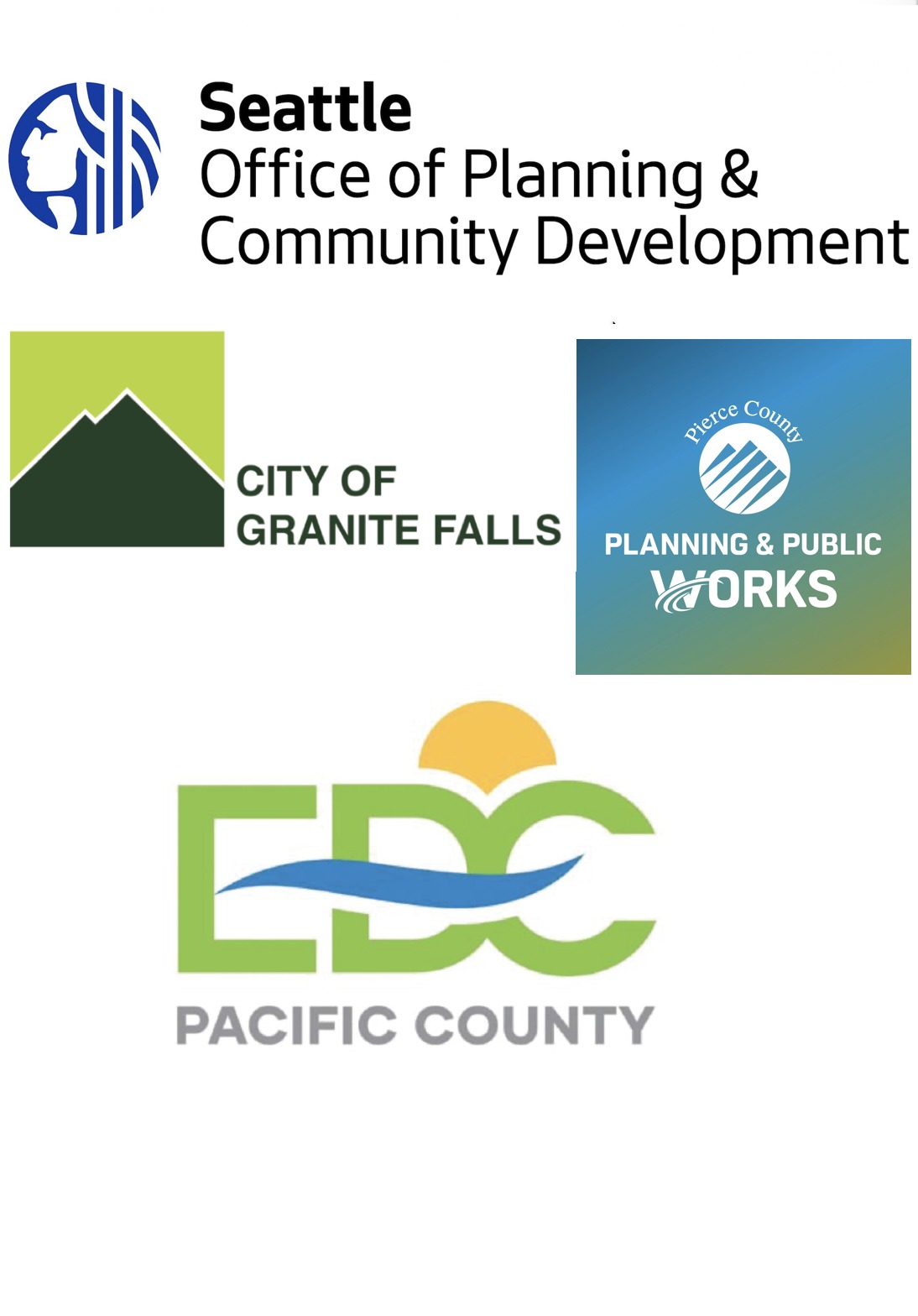Winter Weather Route Response Optimization for the City of Bellevue
2018-2019 Livable City Year – Bellevue
City Project Lead: Daniel Lai, Transportation
UW Instructor: Patty Buchanan, Industrial and Systems Engineering
Course: IND E 494/495, Capstone Senior Design Project
Project description:
The purpose of this report is to communicate how a team of six undergraduate students from the University of Washington’s Industrial and Systems Engineering Department conceive of optimizing the City of Bellevue’s winter weather response system. We, the student team, recognize that snow events impact road conditions during the winter season. If road ice/snow clearing is not executed in a timely and effective manner, winter weather events can create significant safety impacts to the traveling public and also result in added winter response costs to the City. Thus, we offer a set of recommendations for the City of Bellevue to increase the efficiency of citywide deicing and snow plowing operations. Specifically, our recommendations focus on efficient route sequencing because this will reduce the time and resources the City must dedicate to winter road clearing. Our recommendations focus on efficient route sequencing. By improving route efficiency, the City will save time and other resources.
After observing the current system and identifying opportunities to alter the City of Bellevue’s winter weather response system, we conducted research on other cities’ deicing and snow plowing operations. This enabled us to consider approaches not currently practiced locally. We determined that a vehicle routing problem model (VRP) can be applied to increase the efficiency of Bellevue’s winter weather response system.
Part of implementing our recommendations entails the use of Google Sheets to manage and track the City’s road clearing operations. Digital worksheets can be used to outline and prioritize the routes each truck will clear, and enable workers to adjust operations based on real-time scenarios. By digitizing these worksheets and by using a platform like Google Drive which makes the documents shareable, real-time visibility of operations becomes possible for vehicle operators and command center supervisors alike.
We validated our recommendations by testing the routes generated by the VRP and comparing the time it takes to complete them with the City’s current time estimates for road clearing operations. Upon integrating our recommendations, the City may discover it saves more money than it spends implementing new features within its winter weather response system. This is because the platforms we relied upon are easily accessible and user-friendly in their design.
Part of the 2018-2019 Livable City Year partnership between the University of Washington and the City of Bellevue.
See all Livable City Year projects in Bellevue that UW students and faculty worked on during the year-long partnership.
